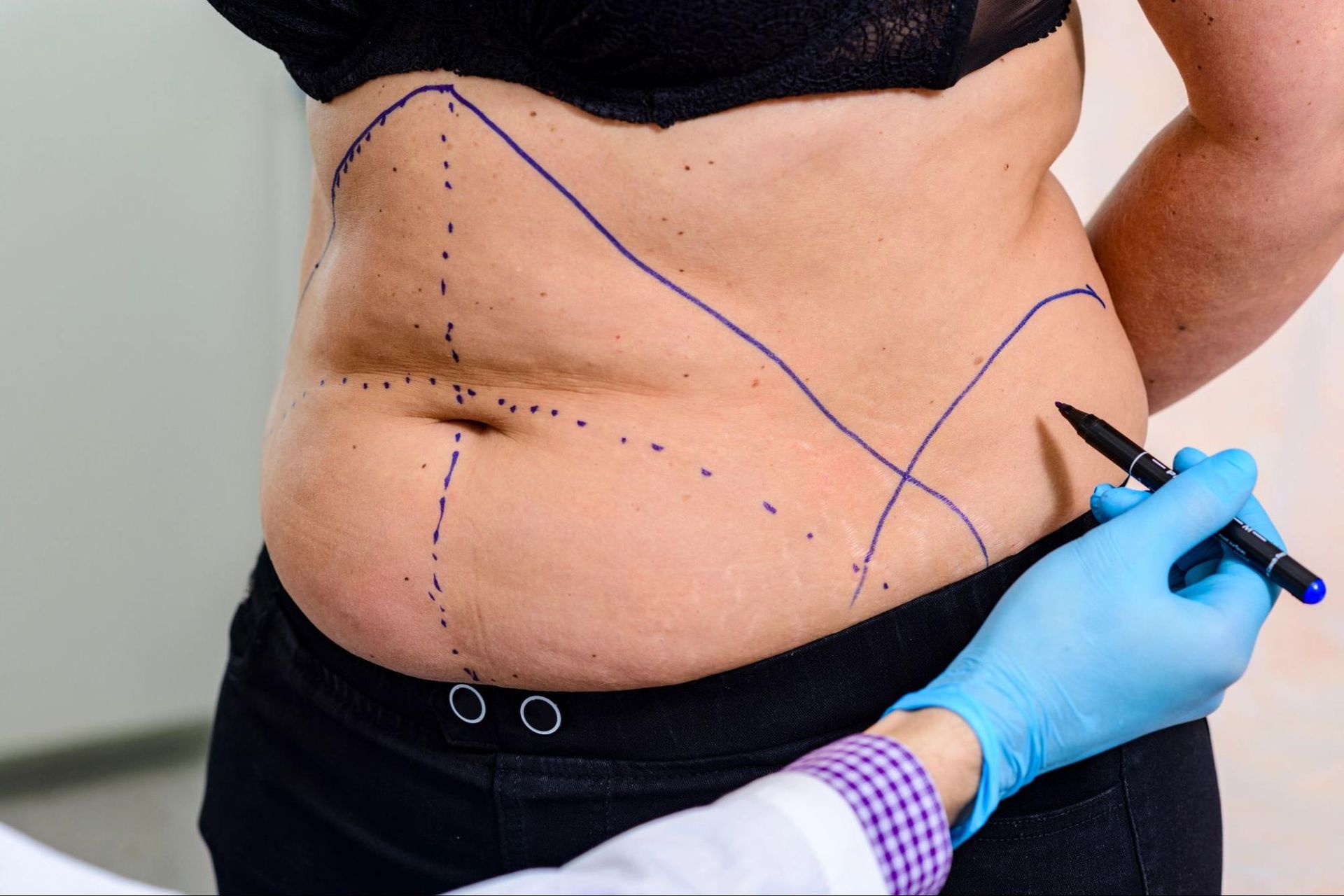Lifestyle Change – What Does That Actually Mean?
When patients hear the term “lifestyle change” before or after bariatric surgery or while considering weight management therapies, it can often feel vague or overwhelming. What does it really mean to change your lifestyle?
At its simplest, lifestyle refers to “your usual way of life.” In the context of weight loss and bariatric surgery, a lifestyle change means making long-term adjustments to daily habits that support sustainable weight loss, better health, and improved well-being. It’s not just about losing weight—it’s about maintaining a healthier life in the long run.
For bariatric patients, these changes go far beyond the operation itself. Surgery is only a tool—success depends on developing healthy habits that become second nature over time.
Making Lifestyle Changes a Habit
To change your usual way of life, these new habits must be at the forefront of your mind, especially in the beginning. Initially, making these changes will take effort and conscious decision-making.
However, as you prioritize them and repeat them consistently, they will gradually become second nature. Over time, you won’t need to think about these habits—they will simply be part of your new, healthier identity.
Diet & Nutrition: A Core Component of Lifestyle Change
One of the most significant aspects of long-term weight management is nutrition. While there are multiple lifestyle factors to address, dietary changes play a central role.
Changing your diet involves more than just what you eat—it also includes:
- How much you eat: Portion control is essential for managing caloric intake and preventing weight regain.
- The pace at which you eat: Eating slowly and mindfully can help prevent overeating and aid digestion.
- The order in which you eat: Prioritizing protein and fiber before carbohydrates can improve satiety and blood sugar control.
- The timing of your meals: Eating at regular intervals prevents excessive hunger and reduces the risk of overeating later in the day.
But diet change isn’t just about food choices—it’s also about planning and preparation.
Practical Steps for a Sustainable Diet Change
To truly adopt a healthier diet, you’ll need to adjust not only what’s on your plate but also how you think about food. This means:
- Meal Planning: Preparing meals in advance ensures you have healthy options readily available, reducing the temptation of unhealthy convenience foods.
- Smart Grocery Shopping: Making a grocery list and sticking to it helps prevent impulse purchases of unhealthy foods.
- Managing Social & Family Meals: If your family or friends are eating differently, planning ahead ensures you have options that align with your goals.
- Dining Out Strategies: Checking restaurant menus in advance helps you choose nutritious options that support your weight management plan.
- Setting Reminders: If you tend to skip meals or forget to drink enough water, using alarms or habit-tracking apps can help you stay on track.
Each of these small, intentional changes contributes to long-term success. Over time, they become automatic habits that support a healthier lifestyle without constant effort.
Lifestyle Change is a Journey, Not a Quick Fix
Sustainable weight loss and bariatric surgery success depend on long-term commitment to these lifestyle changes. It’s not about perfection—it’s about progress.
By focusing on consistency over time, these new habits will become part of your daily routine, helping you achieve and maintain your weight loss goals while enjoying a healthier, more fulfilling life.


















